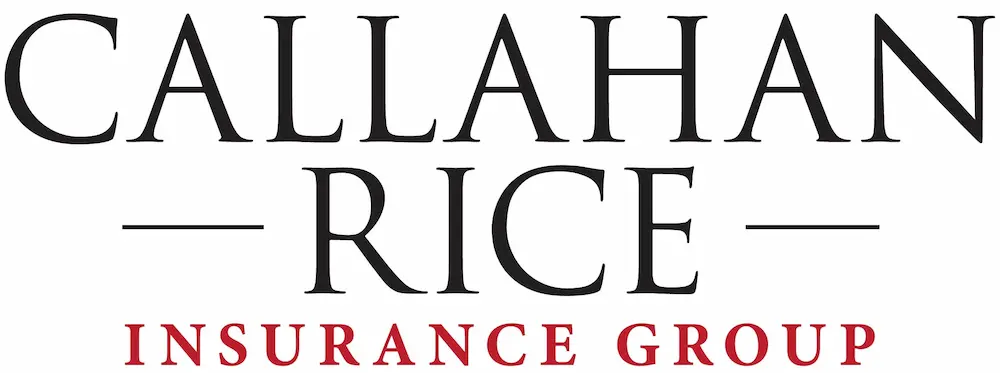Captive insurance is a very hot topic in today’s insurance market. As more and more companies begin looking into captive insurance, it becomes increasingly feasible for smaller companies. This means you may qualify for a captive insurance program even easier than you thought.
If you’re trying to take advantage of more stable pricing, you’re in a high-risk industry, or you just want more control over your agency, a captive insurance program could be right for you. Since feasibility studies take a lot of time, effort, and resources, you’ll probably want a better idea of if you even have a shot of qualifying. Here are four questions you can ask yourself to get a better idea.
How good is your loss experience and claims history with your current insurance broker?
The most successful captive insurance programs have a loss rate of 50% or lower. If you already meet that mark, you’re on your way to a successful insurance program. To find out whether that’s the case, you can request the information from your current insurance broker.
If you’ve got a commitment to safety in your operations, you would be more likely to benefit from a captive insurance program.
Are your combined insurance premiums greater than $100k?
This is a good baseline threshold to look at. If the premiums for all your insurance policies combined costs $100k or more, you’re likely a good candidate for a captive insurance program—particularly a group program.
Do you have a strong track record of healthy financial stability?
A company that would have great success for this sort of program is one with a strong history of financial security. If you’re able to turn a profit year after year, and have a clear goal for your company’s future, then you’re a better candidate for a captive insurance program.
Do you have enough cash for a sizable investment into your future?
Possibly the most important factor is whether or not you have sizable enough savings to make a large investment. To set up your own insurance entity, you’ll need a large amount of capital. You’ll need collateral, stock purchasing, and numerous other investments.
Conclusion
If you think a captive insurance program might be right for your company, you should discuss it with a reputable insurance agent. We at Callahan & Rice hope this information has helped you decide whether or not to consider a captive insurance program.

